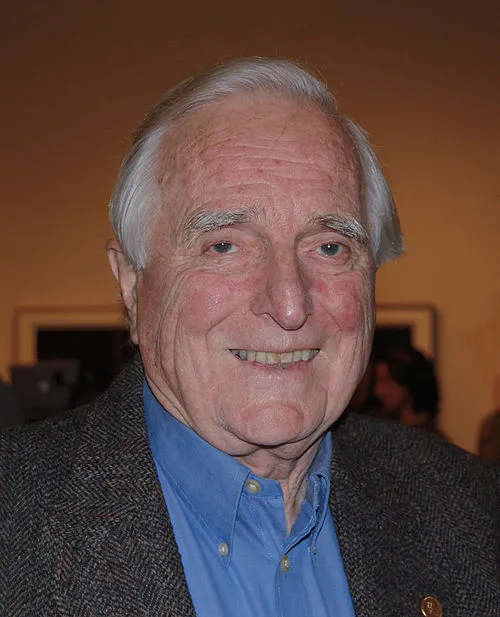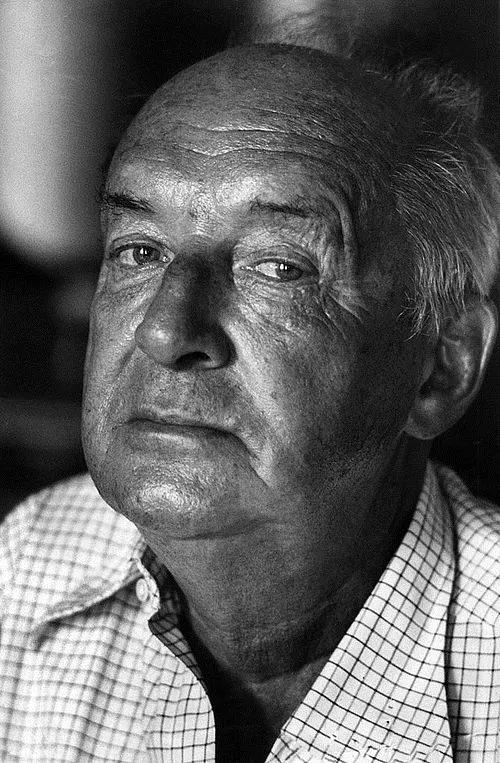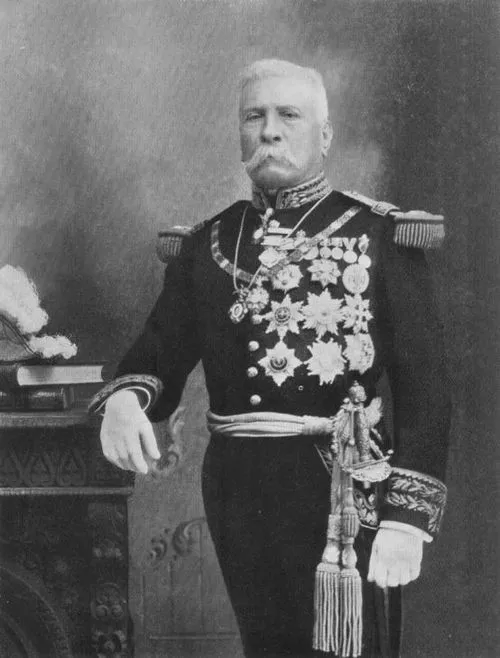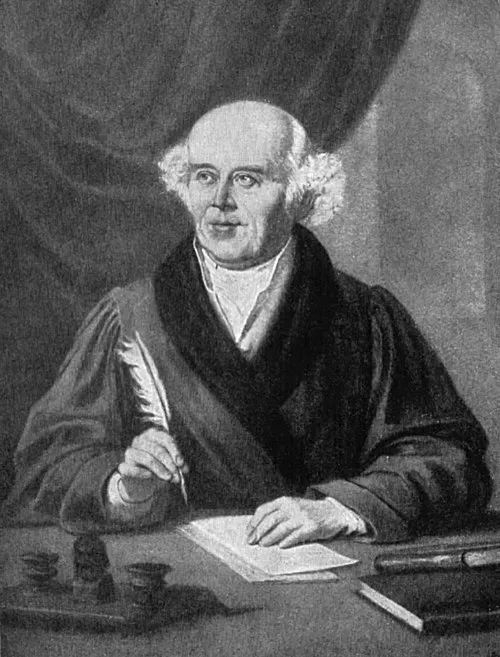
Name: Patrick Manning
Position: 4th & 6th Prime Minister of Trinidad and Tobago
Date of Birth: 1946
Tenure as Prime Minister: Prime Minister from 1991 to 1995 and again from 2001 to 2010
Political Party: People's National Movement (PNM)
Patrick Manning: A Legacy of Leadership in Trinidad and Tobago
Patrick Manning, born on October 17, 1946, in San Fernando, Trinidad, was a prominent political figure who served as the Prime Minister of Trinidad and Tobago on two separate occasions. His tenures, from 1991 to 1995 and again from 2001 to 2010, were marked by significant economic development and infrastructural progress in the nation, leaving an indelible mark on the country’s political landscape.
As a member of the People's National Movement (PNM), Manning was known for his unwavering commitment to the principles of democracy and development. He began his political career in 1971 when he was elected as the Member of Parliament for San Fernando East. His political acumen and dedication to public service quickly propelled him through the ranks of the PNM, culminating in his election as party leader in 1987.
Manning's first term as Prime Minister began in 1991 after his party won a decisive victory in the general elections. His government focused on addressing the economic challenges that Trinidad and Tobago faced at the time. Key initiatives during this period included diversifying the economy, investing in education, and enhancing the nation’s energy resources, which proved vital for the country's financial stability.
After losing the 1995 elections, Manning returned to power in 2001, regaining the Prime Ministership during a period of global economic uncertainty. His second term saw further development, including the acceleration of national infrastructure projects and enhancement of social services. His administration was characterized by significant investments in healthcare, education, and housing, helping to improve the quality of life for many citizens.
Throughout his political career, Patrick Manning was known for his charismatic personality and oratory skills, which endeared him to many supporters while also attracting controversy and criticism from opposition parties. He was a staunch advocate for Caribbean integration and worked to strengthen Trinidad and Tobago's ties with other nations in the region, recognizing the importance of collaboration in addressing common challenges.
Despite facing various challenges and criticisms during his time in office, including allegations of corruption within his government, Manning's legacy is often viewed through the lens of his contributions to development and governance. He focused on promoting a national identity and fostering unity among the diverse population of Trinidad and Tobago.
After leaving office in 2010, Patrick Manning continued to engage in various philanthropic activities and remained active in the PNM, providing guidance to younger leaders within the party. He passed away on July 2, 2016, in his hometown of San Fernando, leaving behind a significant legacy that continues to influence the political landscape of Trinidad and Tobago.
In remembrance of his contributions, Patrick Manning is often celebrated as a symbol of resilience and dedication to public service. His life serves as an inspiration for future generations of leaders in Trinidad and Tobago and beyond.













